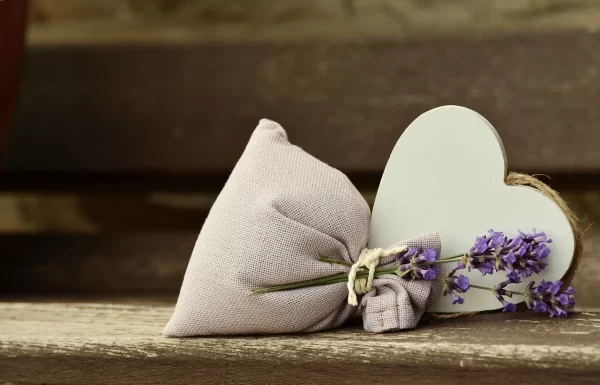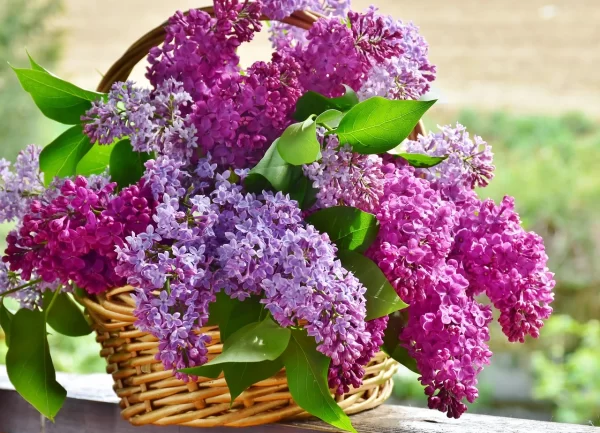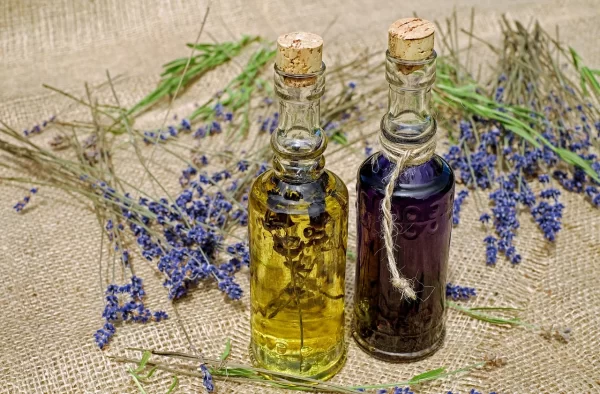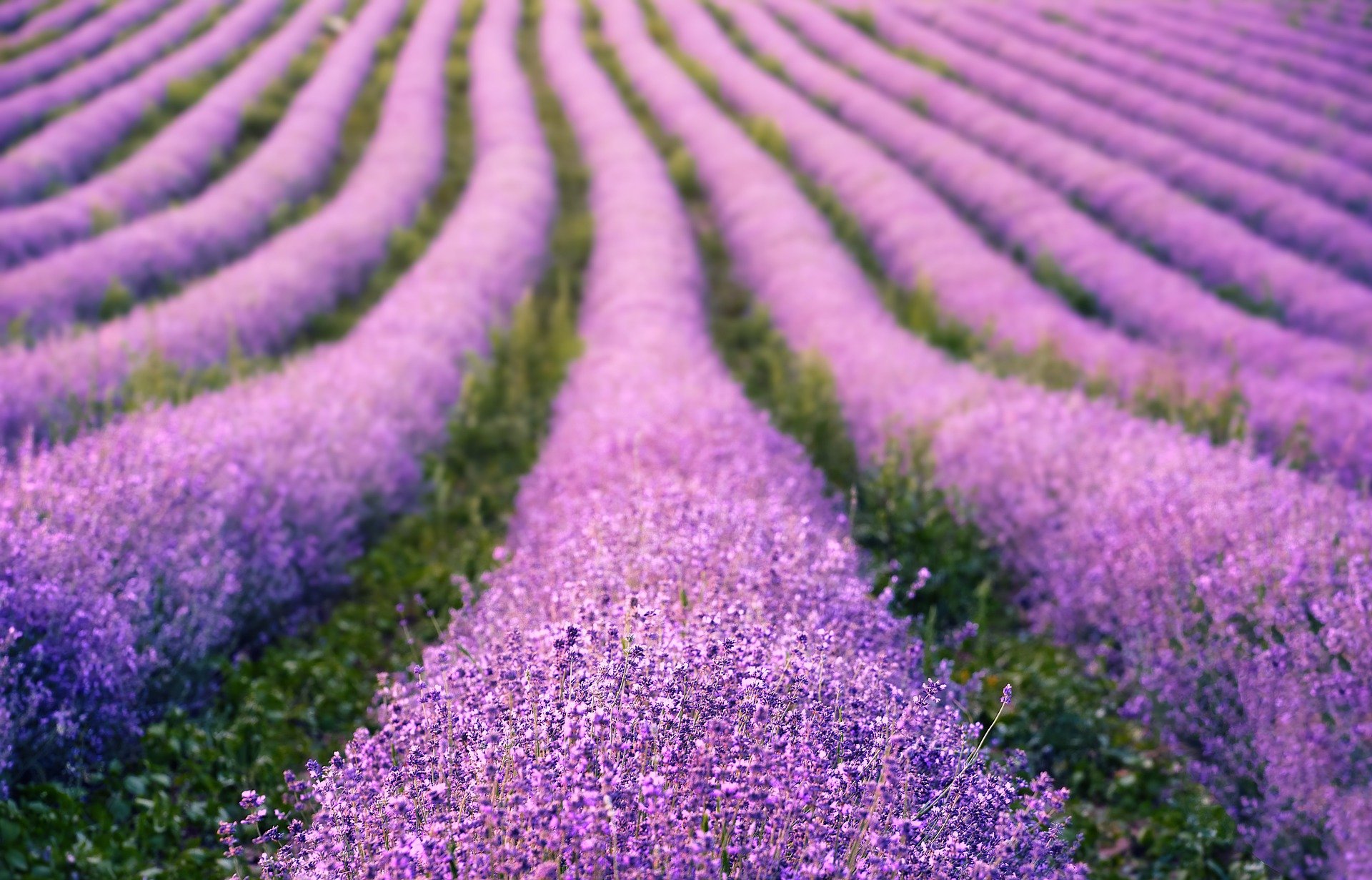Lavender is perhaps one of the most well-loved herbs in the world. Its scent is both unique and unforgettable, and its distinctive color is associated with purity, elegance, and timeless beauty. But lavender is more than just a pretty flower. For hundreds of years, it has been used for medicinal purposes, skin and hair care, aromatherapy, and nutrition. In today’s article, let’s take a closer look at lavender’s benefits and learn how to incorporate it into our daily routine.

Lavender in Aromatherapy

One of the main health benefits of lavender is its soothing effect, and that’s why its essential oil is commonly used in aromatherapy. It helps to treat sleeping disorders, eases stress symptoms, and promotes a sense of well-being. Inhaling the smell of lavender in the evening or before going to bed can instantly improve your mood and help you relax after a hard day’s work.
It’s impossible to talk about lavender without mentioning lavandin — a natural hybrid between English lavender and Spike lavender. Although it carries similar health benefits to lavender, lavandin is a lot more potent and has a stronger, more intense smell. Although one should always exercise caution when using essential oils, lavandin and lavender are among the safest ones to use in aromatherapy.
Lavender in Skin and hair care

Lavender oil is antimicrobial, antifungal, and anti-inflammatory, which makes it an excellent remedy for many skin conditions. For instance, it can relieve symptoms of eczema, psoriasis, and acne. However, lavender oil shouldn’t be applied directly to the skin, as it might cause an allergic reaction, so consulting a doctor beforehand is required. Pregnant and breastfeeding women should also refrain from using lavender oil.
Lavender has a positive effect on hair, as well. Adding lavender oil into your shampoo will reduce itchiness and dandruff. Some studies suggest that it can also promote hair growth. Lavender oil can be combined with other oils such (olive or jojoba) and massaged into your head to prevent dryness.
Lavender in Cooking

Most lavender species are safe to eat and are widely used in baking and cooking. English lavender in particular has a sweet and delicate floral smell that goes well with other herbs including rosemary, thyme, and sage. Dried buds are perfect for cupcakes, sweet bread, and salads, whereas its leaves can be used to marinade meat. Be careful not to overdo it though, because the smell of lavender can get pretty strong pretty fast.
Lavender tea carries plenty of health benefits as well. Simply pour hot water over a teaspoon of fresh or dried lavender buds, leave it for a few minutes to brew, and enjoy it before going to bed. It will help calm your nerves, relax, and sleep better at night.
In conclusion
There are many ways in which you can add lavender into your everyday life. Use it in cooking or to brew tea, incorporate it into your beauty regime or to your nighttime routine, sprinkle it on your clothes or bed linen — the choice is yours. It won’t take long for you to see the benefits of lavender for yourself.


Hey all slots fanatics, I am on rumislots! It looks like a great way to spend an afternoon. I’ll keep you updated on the experience. You should try rumislots too!
Getting logged in to ph367 is a breeze. Quick and straightforward, which is always a plus. Find it here: ph367login
Logged in through q888betlogin and everything went super smoothly. Fast and reliable. What more could you want? Def recommending q888betlogin.
Mexboxcasino is pretty fun, especially if you like slots. The site’s pretty easy to navigate too. You should try: mexboxcasino
test